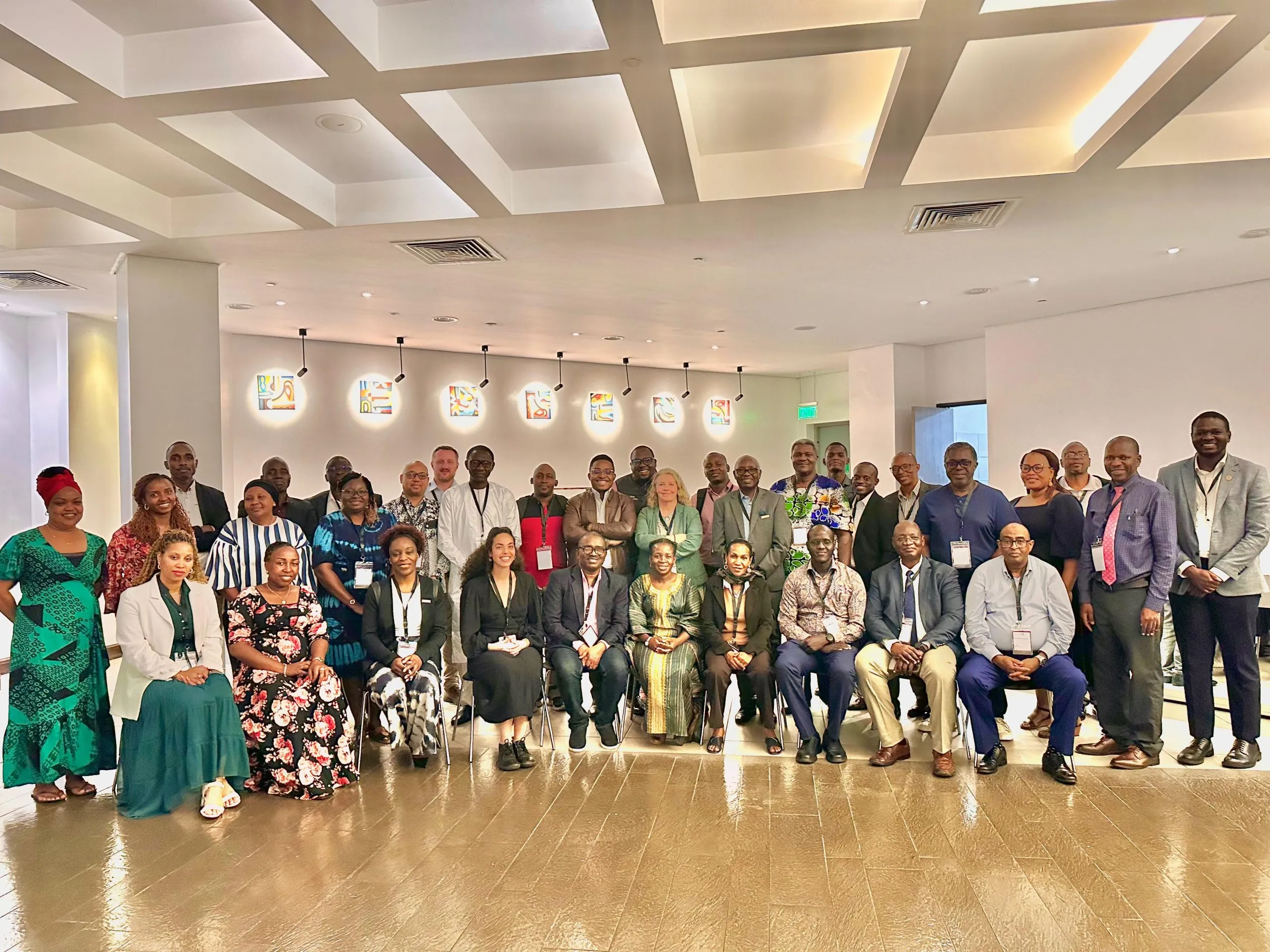All
Latest News
I2I supports statistics workshop in Bagamoyo, Tanzania

This past week, I2I was pleased to support a statistics workshop in Bagamoyo, Tanzania to representatives from African Trial Facilities that are responsible for evaluating vector control products. The sessions brought together malaria researchers from Benin, Burkina, Cameroon, Cote d’Ivoire, Malawi, Mozambique and Tanzania, running for five days from 20th to 24th November.
The purpose of the workshop was to provide training in data analysis techniques used in assessing new products for malaria vector control, such as insecticidal bed nets and indoor sprays. The workshop aimed to ensure different sites were evaluating the efficacy of these tools with a unified, high-quality approach in line with World Health Organisation (WHO) Guidance. In addition to formal teaching, the sessions were an opportunity to bring together leading researchers from across sub-Saharan Africa to share ideas, form networks, and discuss the future direction of malaria control.

Bagamoyo, Tanzania statistics workshop attendees
The workshop was organised by the Innovative Vector Control Consortium (IVVC) and hosted by the Ifakara Health Institute (IHI), with teaching materials delivered by facilitators from from the London School of Hygiene and Tropical Medicine (LSHTM), I2I, the Vector Control Product Testing Unit (VCPTU) at IHI, and the WHO. The teaching combined interactive lectures on statistical theory with comprehensive practical sessions of the programming skills needed to apply these lessons to real data.
I2I Research Associate, Frank Mechan, placed a particular emphasis on the importance of sample size calculation, an area of statistics used to determine how many replicates must be performed to reliably tell if a new vector product is as good as or superior in killing mosquitoes than an existing product. Participants received a comprehensive overview on the core concepts of data variability and the importance of sample size, before being taught the key programming skills needed to implement what they had learned to their own studies.



